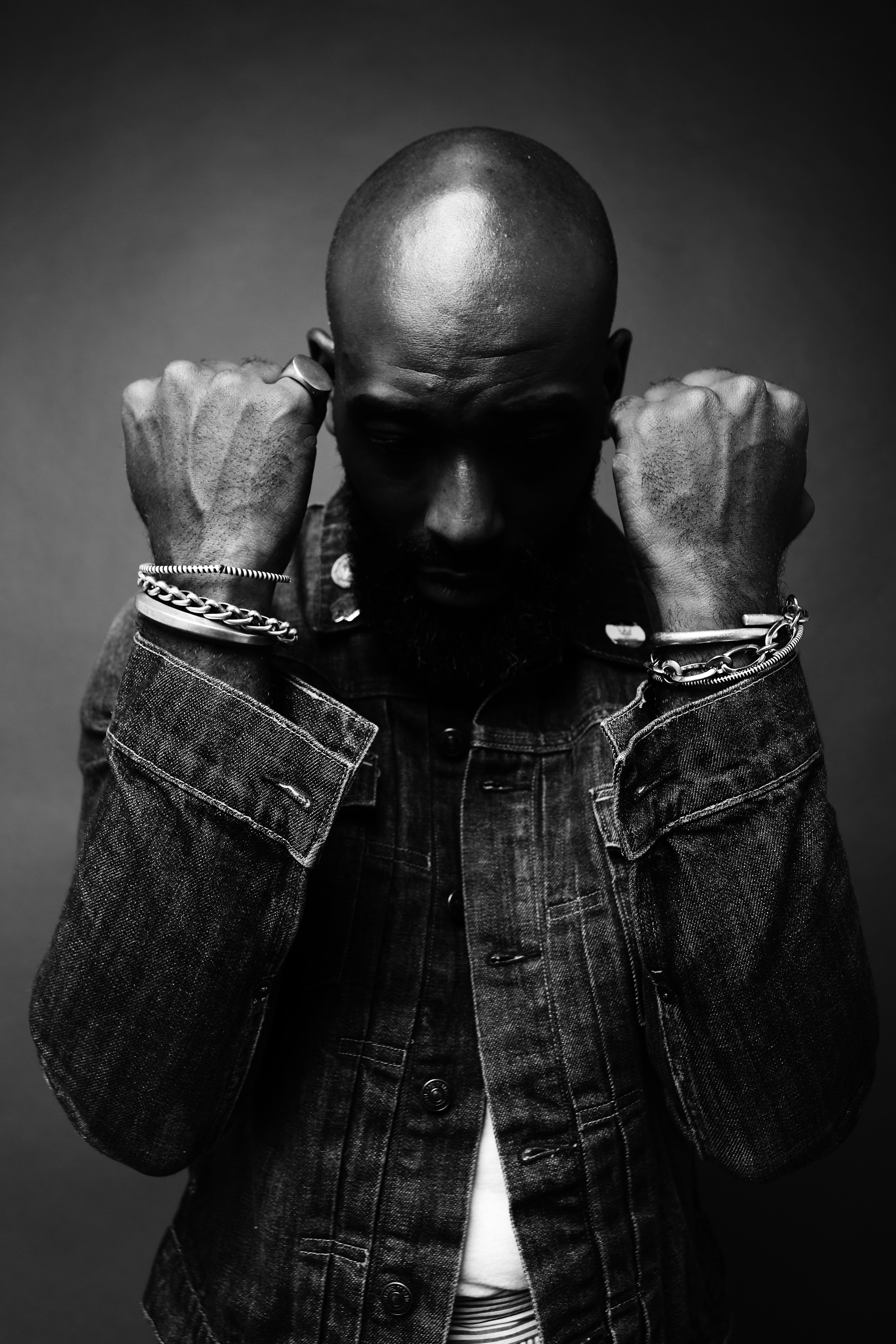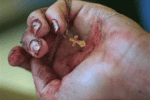On April 30, 1966, the Church of Satan was established in San Francisco; it was founded by High Priest Anton Szandor LaVey, born Howard Stanton Levey, a former keyboard player at carnivals and religious healing services. The "church" uses the word "Satan" to mean "opposer" or "one who questions." The organization doesn't worship the fallen angel Lucifer as mentioned in the Bible, but practices a form of atheism, with Mr. LaVey's book The Satanic Bible (1969) as its "scripture." Those who are so inclined (this blogger isn't among them) can visit the "church"'s website.
The Church of Satan was regarded as the most shocking and extreme publicly flaunted example of evil in the late 1960s and 1970s, but you don't hear much about it anymore. The iconoclastic beliefs and sinful practices promoted by the "church" have passed it and its founder by. As with the sexual revolution promoted by Playboy magazine and its publisher, Hugh Hefner, the Church of Satan and Anton LaVey seem almost quaint, relics of a bygone era. Mr. LaVey died on October 29, 1997 at the age of 67, and the Black House in San Francisco in which Mr. LaVey lived and which served as the "church"'s headquarters until its founder's death was demolished on October 17, 2001. It may come as a surprise to find out that the Church of Satan still exists; its headquarters are now in Poughkeepsie, New York. Peter H. Gilmore has held the office of High Priest since 2001.
The book Selling Satan: The Tragic History of Mike Warnke (1993) by Mike Hertenstein and Jon Trott contains an appendix titled, Reality is a Sometime Thing: A Strange Evening with Anton LaVey, an account of the book's authors acceptance of an invitation to the Black House for dinner with Mr. LaVey and his lover and colleague Blanche Barton. The article is well worth reading, a revealing snapshot of America's most famous Satanist in his declining years. The authors conclude by saying:
If our quest had been to discover the real Anton LaVey, here at last he was: a human being on the edge of eternity, grasping after immortality and significance. He seemed very alone and quite deluded...
The Black Pope, hater of humanity...worries about being forgotten, his own icon smashed by time. One had to wonder if perhaps LaVey's entire masquerade was just one long whistle past the graveyard, an attempt to tame evil and take the sting out of death by reducing them to mere objects of "kitsch." But the last laugh was coming.
Jon shook the iron gate--Blanche had insisted we make sure it was locked behind us. We waved to her on the porch, and she pulled the front door shut, securing the black house from the violent world of homicidal nuts that LaVey, with his bubble-gum nihilism, had helped to create. As we headed down California Street toward our car, my partner and I felt a great sadness for Anton LaVey. It was clear that his chain-link fence against the darkness wasn't going to hold out for much longer.



.JPG)


































